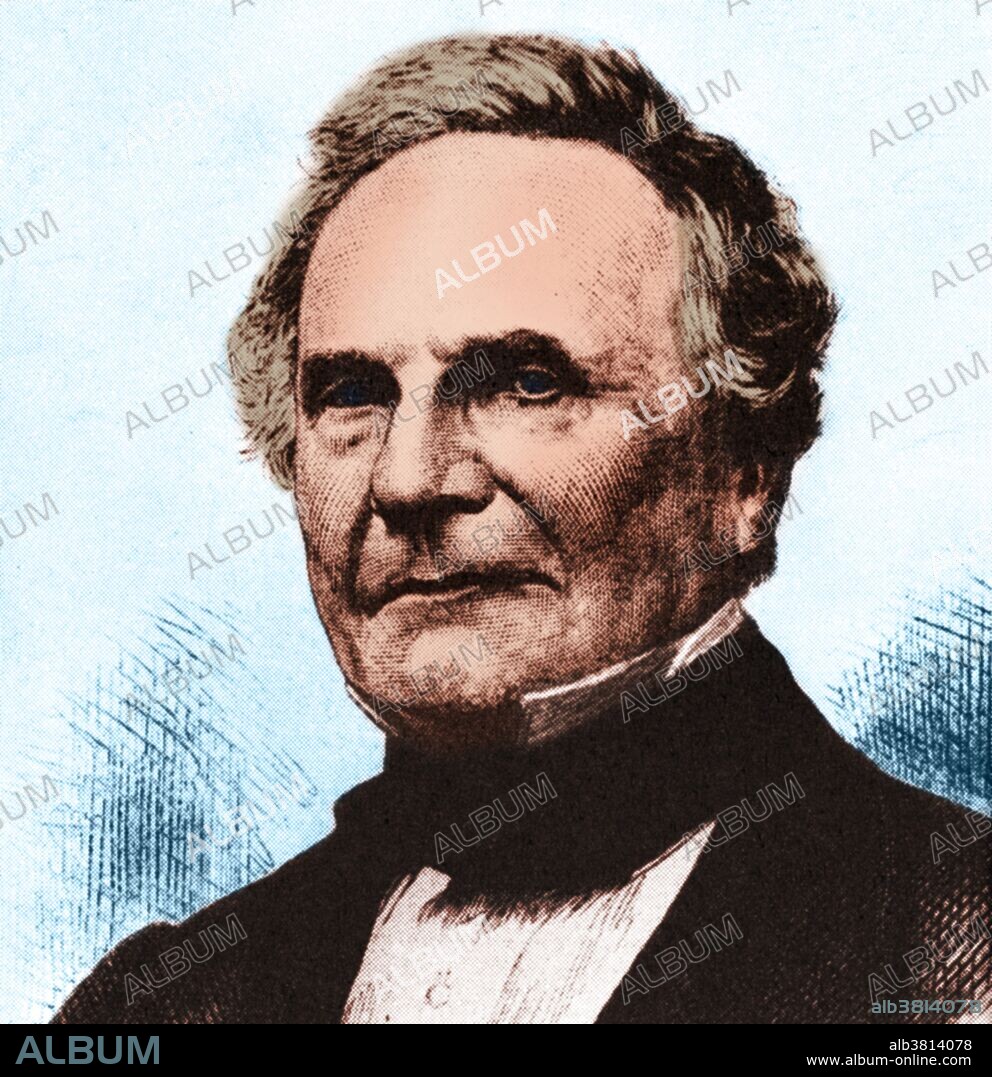alb3814078
Charles Babbage, English Computer Scientist

|
Añadir a otro lightbox |
|
Añadir a otro lightbox |



¿Ya tienes cuenta? Iniciar sesión
¿No tienes cuenta? Regístrate
Compra esta imagen.
Selecciona el uso:

Título:
Charles Babbage, English Computer Scientist
Descripción:
Traducción automática: Charles Babbage (26 de diciembre de 1791 - 18 de octubre de 1871) fue un erudito inglés. Matemático, filósofo, inventor e ingeniero mecánico, se le recuerda sobre todo por haber creado el concepto de ordenador digital programable. Considerado por algunos como el "padre del ordenador", a Babbage se le atribuye la invención del primer ordenador mecánico que, con el tiempo, dio lugar a diseños electrónicos más complejos, aunque todas las ideas esenciales de los ordenadores modernos se encuentran en la máquina analítica de Babbage. Su variado trabajo en otros campos ha hecho que se le describa como "preeminente" entre los muchos eruditos de su siglo. En 1991, se construyó un motor diferencial que funcionaba perfectamente a partir de los planos originales de Babbage. Construido con tolerancias alcanzables en el siglo XIX, el éxito del motor terminado indicó que la máquina de Babbage habría funcionado. Murió en 1871 de insuficiencia renal, secundaria a una cistitis, a la edad de 79 años.
Charles Babbage (December 26, 1791 - October 18, 1871) was an English polymath. A mathematician, philosopher, inventor and mechanical engineer, he is best remembered for originating the concept of a digital programmable computer. Considered by some to be a "father of the computer", Babbage is credited with inventing the first mechanical computer that eventually led to more complex electronic designs, though all the essential ideas of modern computers are to be found in Babbage's analytical engine. His varied work in other fields has led him to be described as "pre-eminent" among the many polymaths of his century. In 1991, a perfectly functioning difference engine was constructed from Babbage's original plans. Built to tolerances achievable in the 19th century, the success of the finished engine indicated that Babbage's machine would have worked. He died in 1871 of renal inadequacy, secondary to cystitis, at the age of 79.
Crédito:
Album / Science Source
Autorizaciones:
Tamaño imagen:
3600 x 3715 px | 38.3 MB
Tamaño impresión:
30.5 x 31.5 cm | 12.0 x 12.4 in (300 dpi)
Palabras clave:
1791 • 1871 • ARTE • CIENCIA • COLOREADA • DIBUJO • EUROPEA • EUROPEAS • EUROPEO • EUROPEOS • FAMOSA • FAMOSO • FAMOSOS • FIGURA • FILOSOFO • GENTE • HISTORIA • HISTORICO • HOMBRE • HOMBRES • ILUSTRACION • ILUSTRACIONES • IMPORTANTE • INGLES • INVENTOR • MASCULINO • MATEMATICAS • MATEMÁTICO • MEJORA • OBRA DE ARTE • ORDENADOR • PERSONA • PERSONALIDAD • PERSONALIDADES • PORTRAIT • RETRATO DE HOMBRE • RETRATO • S. XVIII • SIGLO XIX • SIGLO XVIII


 Pinterest
Pinterest Twitter
Twitter Facebook
Facebook Copiar enlace
Copiar enlace Email
Email
